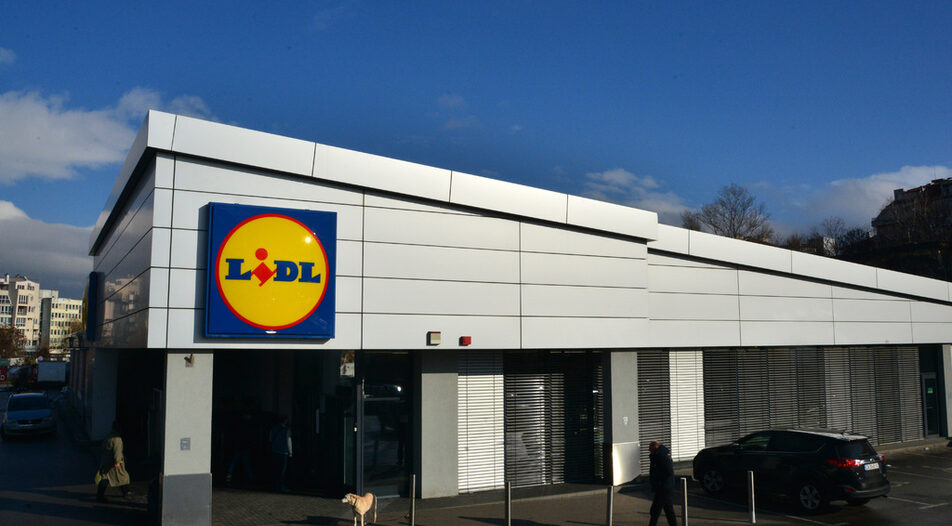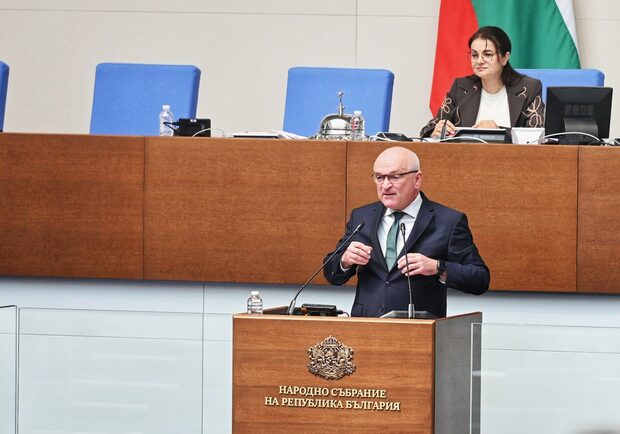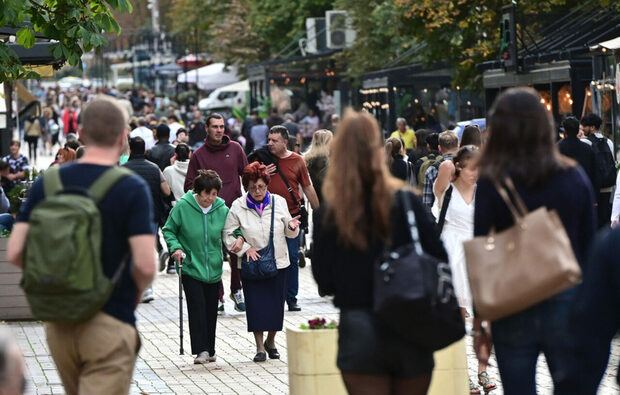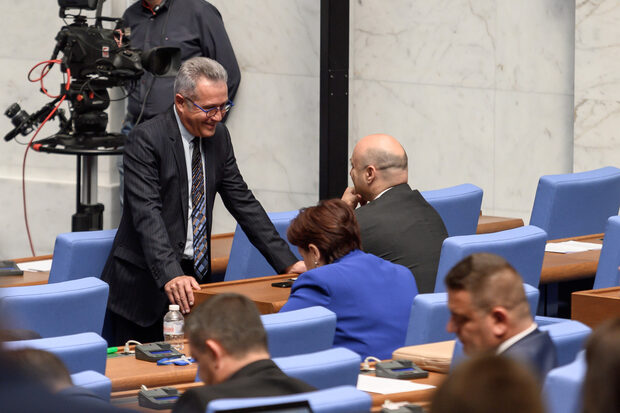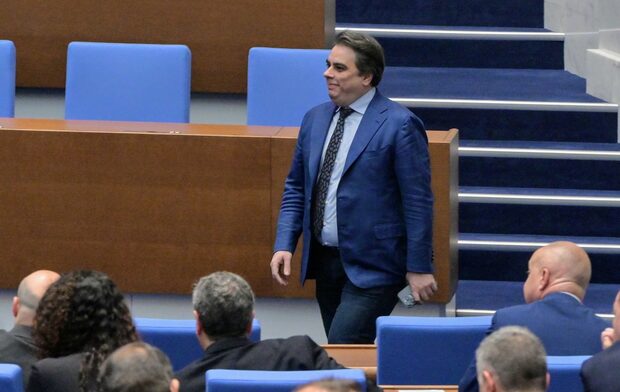Politico: Eurozone entry not possible until January 2026
January 2026 is "the earliest" realistic timeline for Bulgaria's entry to the Eurozone due to technical challenges associated with changing the national currency, according to Cynthia Alchidi, a senior research fellow at the Brussels-based CEPS institute.
High inflation and wavering public support, partially due to Russian disinformation, mean that the country is almost certain to miss its 2025 target for joining the eurozone, she writes in a Politico publication entitled "Bulgaria Cannot Join the Eurozone in January. Here's Why."
The next regular report from the European Central Bank, assessing the country's readiness to join the single currency,.is expected by the end of this spring. Yet the article concludes by saying that although publicly eurozone member states support Bulgaria's entry in January 2025, in private conversations, senior officials say that it almost certainly will not happen. "It's out of the question," one of them is said to have stated.
Lending growth continues
Despite warnings from both external sources and the Bulgarian National Bank since 2022, lending in Bulgaria continues to grow. In January, it was revealed that the central bank is even considering implementing measures targeted at mortgage borrowers to try to cool the pace of bank loans.
At an event focused on the adoption of the euro last week, the Association of Banks in Bulgaria announced that institutions are lending sensibly and responsibly. "It is clearly visible that the growth of consumer and mortgage loans is comparable to the rise in incomes and GDP growth," stated Petya Dimitrova, the association's chairperson. She noted that over the past decade, the average salary has increased by 2.7 times, and the minimum wage by 3 times, which is more than the increase in consumer and mortgage loans.
Data shows that mortgage loans have been growing at a double-digit rate since 2020, with the association forecasting an annual growth rate of 10.7% for mortgage loans in 2024. For consumer loans, the forecast is 8.7%.
Lidl opens outlet store
Lidl has transformed its first store in the Lyulin district of Sofia into an outlet, the company announced. The location is unique in that customers can find non-food items discounted by up to 70%. The products differ from those in other stores and include items from previous collections.
The outlet features kitchen appliances and accessories from special series of the chain's own brands, children's toys and educational materials, as well as home and garden decorations. Textile products from the store's own brand are also available.
Politico: Eurozone entry not possible until January 2026
January 2026 is "the earliest" realistic timeline for Bulgaria's entry to the Eurozone due to technical challenges associated with changing the national currency, according to Cynthia Alchidi, a senior research fellow at the Brussels-based CEPS institute.








